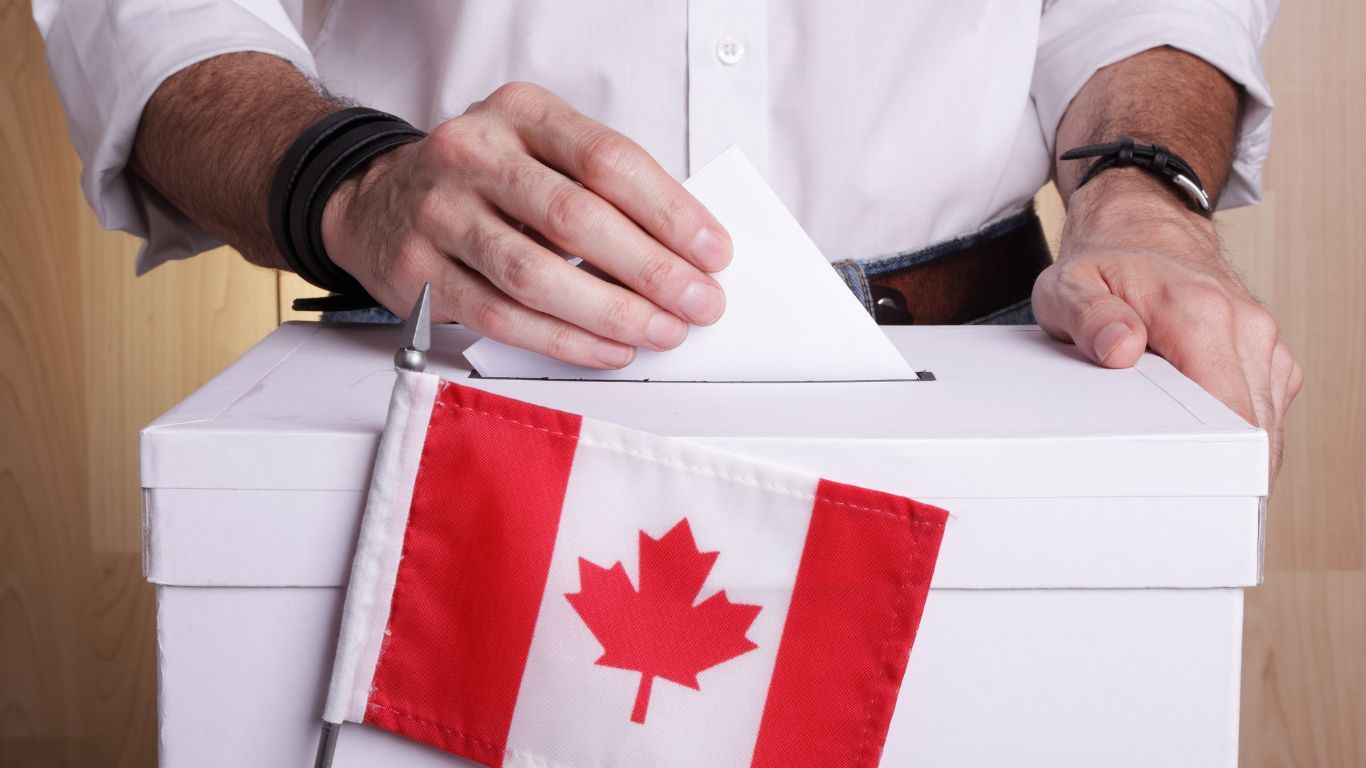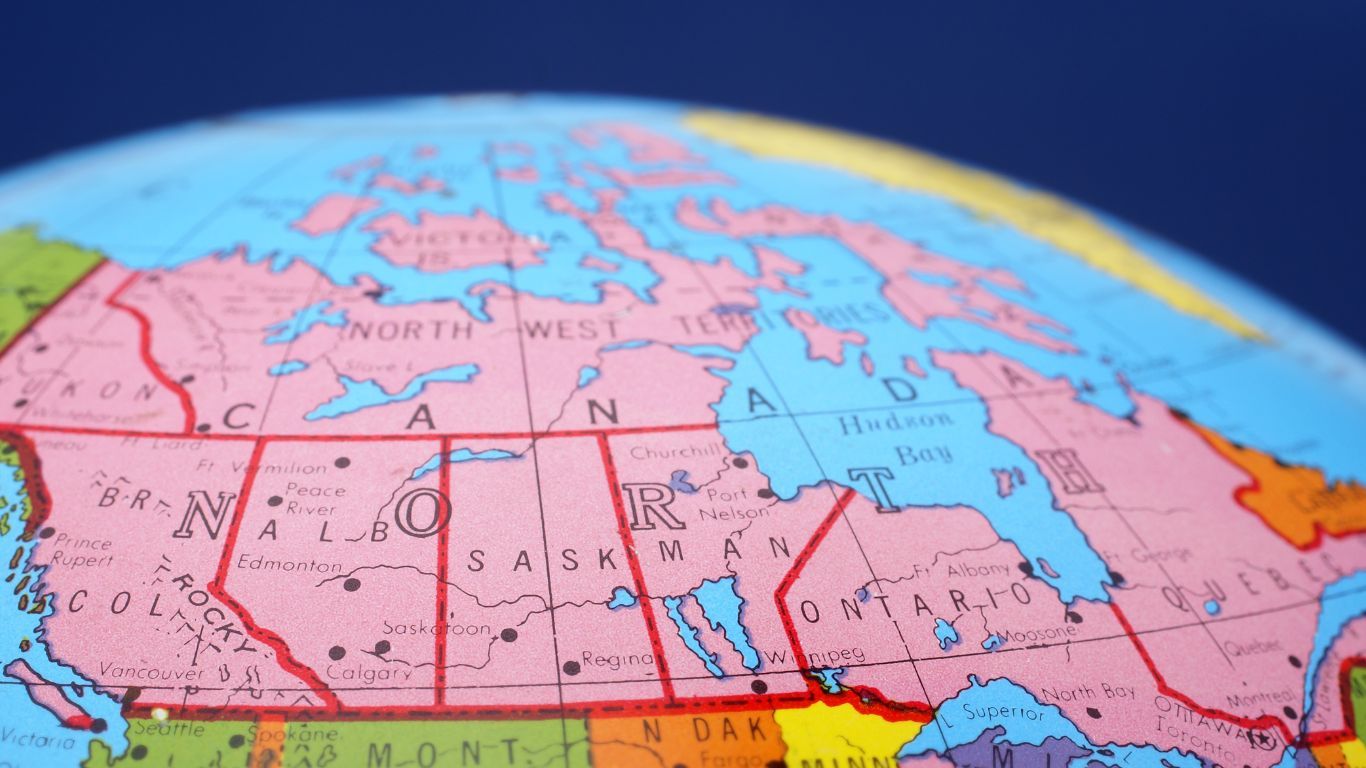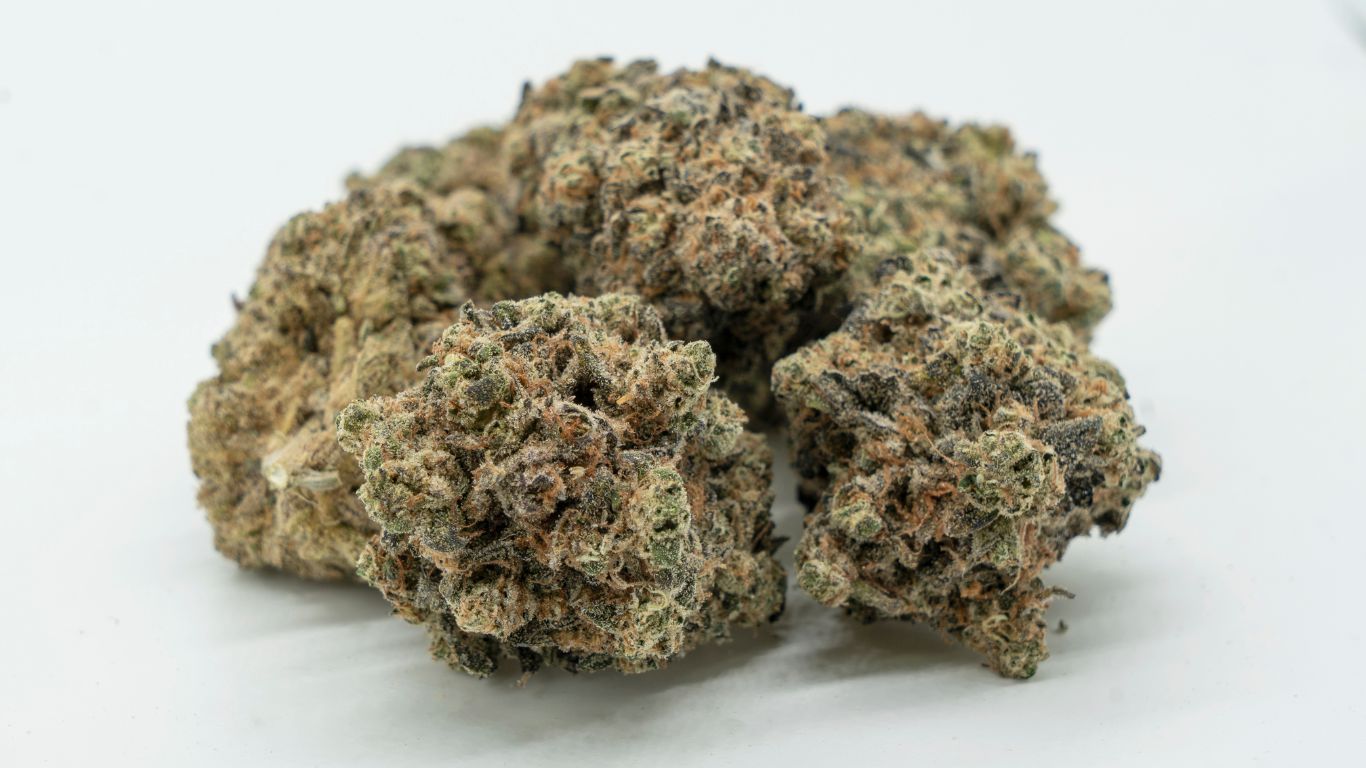
As the Canadian cannabis industry continues to weather the financial storm that has washed away the embarrassment of riches it once had, the abbreviation CCAA has been heard more often than people would like.
The Companies’ Creditors Arrangement Act is federal assistance that allows financially troubled companies to restructure their affairs with creditors and avoid bankruptcy. With more companies entering into this arrangement, there have been rumblings of different businesses using the program in questionable ways.
“The CCAA process is available to companies with over $5 million in creditors in Canada, and historically has been an important way for companies to restructure to survive and reduce job loss,” said Margaret Brodie, CEO of Rubicon Organics. “Unfortunately, what we have seen in the cannabis industry is certain companies pick and choose where to pay.”
Brodie added that typically, these companies don’t pay smaller LPs and ancillary cannabis companies; they do not remit the cash received from the provinces for excise, or they don’t pay their licensing fees.
“When a company who is planning to go into CCAA continues to order cannabis or other goods and accepts services from suppliers (eg. sales agencies, marketing agencies, other consultants), or uses the excise cash from the provinces for other purposes (such as paying consulting or services companies that are owned by the operators) before a known CCAA filing is being put in, it is unethical to me, as the directors and officers know that those suppliers will likely not get paid, or [will receive] a small portion of what is owed,” she said.
Brodie added that the main issue is that they have not seen “consistent repercussions” for companies that engage in these actions.
“While I don’t agree with the level of excise being paid, wiping the slate clean for some but not all companies is not competitive, especially when there are rumours of some LPs using the excise funds received from the provinces intentionally as working capital to undercut competitors on pricing, and drive large budgets to get their product on shelf,” she said. “This practice is really impacting the reputation of the cannabis industry and penalizing those who are paying their bills.”
The taxman cometh
Regarding the excise taxes and other government fees on cannabis, at this point, there is a chorus line of LPs and others in the industry who are highly vocal about the challenges this creates and the need for an adjustment.
An Access to Information request from 2023 released a briefing note to the Minister of Finance discussing the financial distress in the cannabis industry. Some of the important takeaways included the fact that in 2022, 14 cannabis companies filed for CCAA, which represented 36% of all CCAA filings.
Another 12 companies filed a “concern” with the Office of the Superintendent of Bankruptcy in 2023. Only 322 of 808 current cannabis excise license holders were active and remitting excise duties to the CRA as of September 2023.
The document went on to say that a consequence of these firms going out of business has been the “discount selling of their remaining stock”, which further drives down cannabis prices and keeps more viable products stagnating in inventory.
“The industry has been quite loud and consistent in voicing their objection to the current rate of taxation,” said Chris Nyberg, Partner at MLT Aikins. “[The federal government] treats cannabis more like tobacco than liquor.”
Nyberg went on to say that this is apparent both on the Health Canada side as well as the CRA taxation side. “If you look at how they’re taxing cannabis it’s much more punitive than liquor. Some LPs have planned for that better than others.”
Nyberg said that he believes some companies didn’t expect how fast the excise taxes would accumulate once they started selling products, and he added that in some cases, payment is due before cash comes in from the provinces.
“We’re getting to (and in some cases past) the point now where [companies] are looking at this and saying they don’t have a sustainable way to clear up that debt,” he said.
Regarding the suggestion that some companies are shirking their responsibilities and operating when they should be consolidating, Nyberg said there are basically two types of companies he sees seeking creditor protection. The first are companies that are genuinely insolvent and are acquired by a third party in a proceeding, where new management and owners come in, and they run their business according to the rules.
As for the others, he said that in some cases, the purchaser is part of a syndicate of the same people that caused their LP to go insolvent in the first place, and they are utilizing CCAA for the purpose of cleaning debts up for their own benefit.
“It is ultimately up to the CRA and Health Canada to object to the structures put forward by the insolvent companies in the process. It’s how the insolvency system is designed,” he said. “My biggest issue with how this unfolded is that the CRA has wildly different approaches across Canada, which seems to disproportionately favour insolvent companies in Ontario.”
Nyberg said there are many instances in Ontario where the CRA simply didn’t show up to proceedings. “If they don’t object, then the court doesn’t know that there’s anything to object to,” he said. “In other cases [CRA has] actually acquiesced to or approved these transactions, and that is diametrically opposed to how they handle it in Western Canada, where they regularly show up and object to standard relief and actively go after directors personally.” He added that people are specifically filing in Ontario because there’s significantly easier treatment from the CRA.
Brodie has also recognized this issue, feels there need to be some changes, and has some suggestions on how to do it.
“CRA and Health Canada need to treat companies consistently,” she said. “Were CRA excise as a first priority, payable through CCAA, and there was personal liability of the directors and officers when it came to the responsibility for excise tax, it would encourage more careful use of that cash and remittance to government.”
She went on to say that, at the moment, the CRA is approaching this on a case-by-case basis and that if she were a director who was held liable and learned that in another case someone else was not, she would be furious.
“In addition, were CRA to apply commercial interest rates on those companies who are not paying their excise, it would have a significant impact, as effectively there are some companies that are getting low interest working capital loans from the government or loan forgiveness,” she said.
Should there be no changes to how the CCAA process works for cannabis companies, Brodie had this to say about levelling the playing field in other ways:
- Pay excise from the province directly to the CRA (federal government), like alcohol. These excise funds are not revenue to the LPs or short-term loans.
- Push LPs going through CCAA to have to resubmit for their sales license; thus, in the interim, they will only be allowed to sell business to business.
Nyberg believes that, on paper, there is no easy answer, as the CRA electing not to renew licenses of the people who owe significant outstanding excise taxes will likely kill many LPs. While some in the industry think that letting this group fail is the right approach, the mass layoffs would likely become a political issue in the run-up to the next federal election. It’s also likely that any spectre of debt forgiveness would attract significant criticism from those LPs who have been playing by the rules.
“I don’t know if there’s an easy fix for the federal government here, other than CRA putting in a formal program to amortize some of this debt over a longer term, or there being some consideration of the statutory priority of excise tax, but that’s a policy issue for the government to consider,” he said.
As for Brodie and other LPs who feel changes need to be made much sooner than later, she closed her comments by saying the first logical step is equal treatment as best as possible among all industry players.
“I think this is a legacy issue from Prime Minister Trudeau,” she said. “Canada led the world being the first G8 country to legalize marijuana, but the government needs to pick up the recommendations from the Cannabis Act Review panel and provide consistent enforcement to LPs and to the legacy market to create a healthy, competitive industry in Canada. Otherwise, I fear we are losing our advantage to compete on a global scale.”
It should be noted that StratCann reached out to other licensed producers who concurred with these concerns, and one in particular who did not, but none agreed to come on the record.
~Jonathan Hiltz. Jon is a long-time journalist, published author, and executive in the cannabis industry, which he joined in 2016. jonhiltz.com











